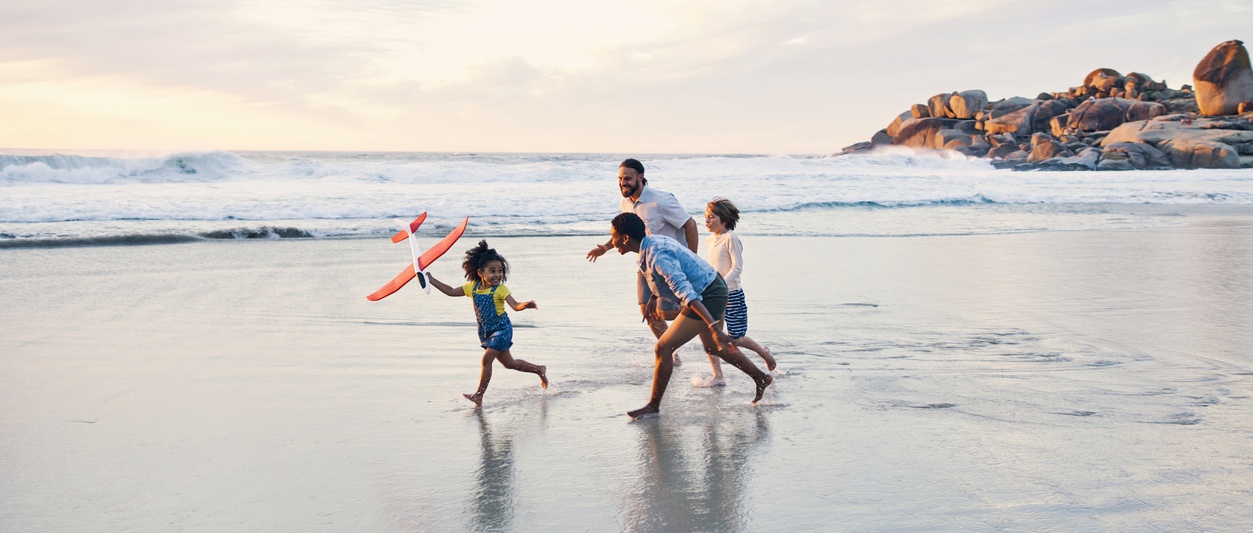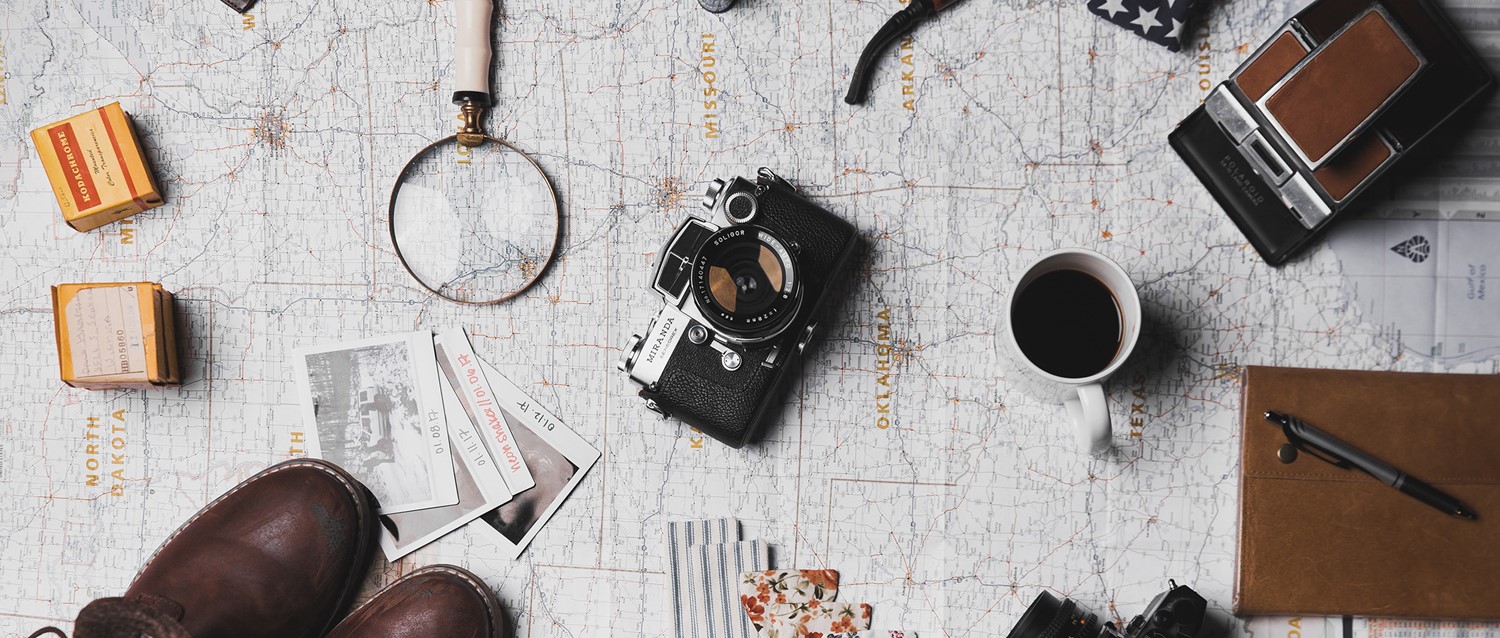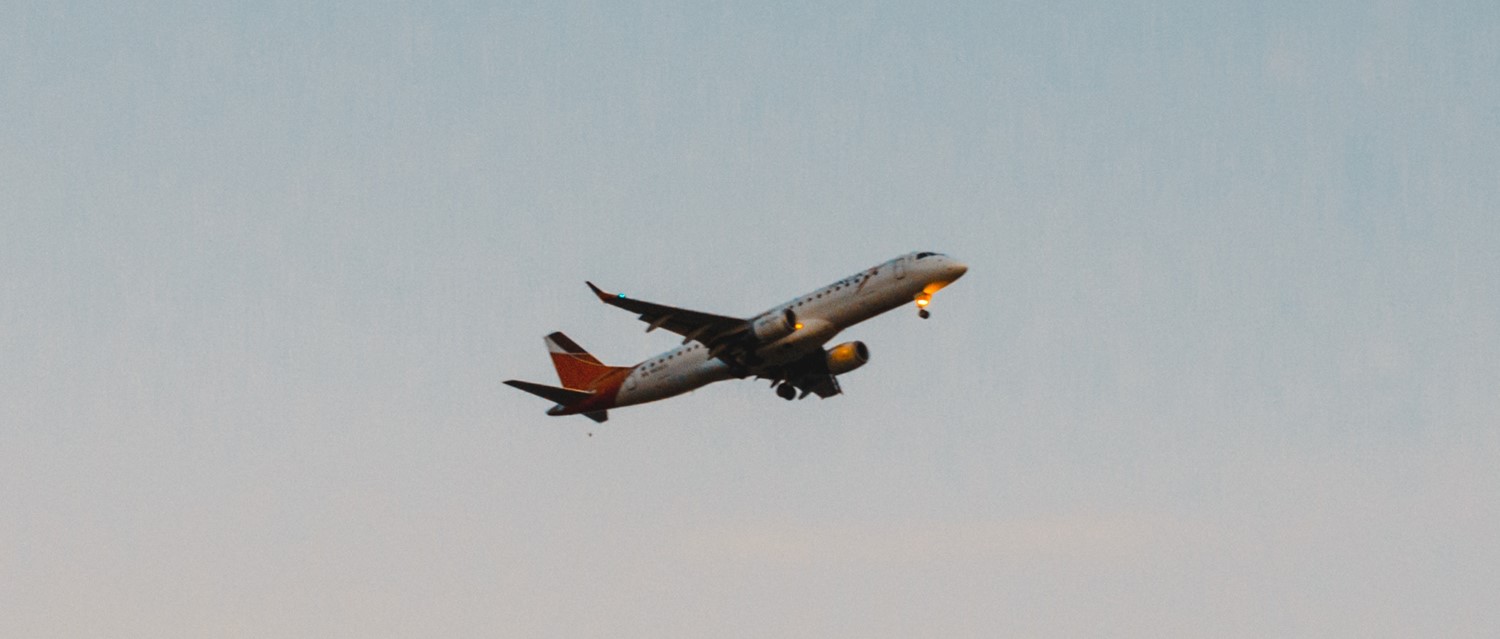
How to stay healthy on holiday
Peer reviewed by Dr Krishna Vakharia, MRCGPLast updated by Amberley DavisLast updated 19 May 2024
Meets Patient’s editorial guidelines
- DownloadDownload
- Share
- Language
- Discussion
- Audio Version
Nobody expects to get ill on holiday, but it does happen. Dr Sarah Jarvis has lost count of the medical miseries she's heard from patients that could have been avoided. Here she shares her top tips for healthy holidays - so that the only mementos you bring back from vacation are happy ones.
In this article:
Video picks
Continue reading below
Jet lag, circulation, and flight anxiety
You'll be fine if you're holidaying in Europe, but anywhere further abroad can bring jet lag as a consequence.
Your body clock finds it harder to adjust to shorter days than long ones, so you'll feel it more when you travel from West to East - when the clocks go forward.
My top tips to reduce jet lag include:
Getting plenty of sleep before you go.
Going to bed earlier on the nights before you travel East - and having a stopover en-route if possible.
Avoiding alcohol and caffeine.
Drinking plenty of other fluids on the journey.
Staying outside in daylight as much as possible when you arrive.
If you're staying for more than a few days, try to move your schedule on to the new time zone as soon as possible. But if you're only there for a couple of days, you may find it less disruptive to stay on home time if it's possible.
Circulation in your legs
Although not common, clots on the leg - deep vein thrombosis, or DVT - are a risk if you're flying for more than four hours. To cut your risk, drink plenty of non-alcoholic fluids, avoid alcohol - which can dehydrate you - and get up regularly and walk up and down the cabin. Every half hour, turn circles ten times with each ankle to keep circulation flowing in your calves.
Flight anxiety
Having a fear of flying, called aerophobia, is common - affecting at least 1 in 10 people. Read our tips for coping with flight anxiety here.
Sun safety
Back to contentsSun is hottest between 11 am and 3 pm - and don't forget that reflected sun can burn you even in the shade.
Avoid the sun when it's strong, cover up as much of the body as possible and make sure you apply plenty of high-factor sun cream. Don't be tempted to save money by using last year's sunscreen - the ingredients go off over time, especially once the bottle is open, so may not be as effective.
Continue reading below
Hangover free holidays
Back to contentsYou're in the holiday mood and of course, you want to let your hair down a bit. But don't forget that a hangover can ruin your fun as much as any tummy bug.
Be careful with spirits as it's easy to underestimate your intake, alternating alcoholic drinks with soft ones, and saving the drink until the evening are good ways to control how much you drink. You could even find out if your hotel serves non-alcoholic cocktails - completely free from the hangover side effects.
Tummy bugs
Back to contentsTummy bugs are even more common if you're outside Western Europe, the USA or Australasia. These tips could help you avoid illness from food:
Avoid buffet food where possible in hot countries - germs multiply quickly in warm temperatures.
Don't have ice - you may be avoiding drinking the local water, but the local water is exactly what you'll be having if you put ice in your drink.
If you're not absolutely sure of the food, boil it, peel it, cook it or forget it.
Don't let your guard down where food precautions are concerned because you're in a smart hotel. The kitchen may be clean and hygienic but the flies that settle on the food don't care where they are.
Continue reading below
Mosquitoes and diseases
Back to contentsIf you're going anywhere outside of Western Europe, Australia or the USA, make an appointment with your practice nurse or a travel clinic at least eight weeks before you travel. They can advise you on any travel immunisations you need.
You may also need anti-malarial tablets which you start taking before you leave and continue for 1 to 4 weeks after you return - your nurse can advise on the best type and length of course.
Insect bites and stings are always miserable but if you're in an area affected by malaria, avoiding them is even more important - even if you're taking tablets. Wear long-sleeved shirts and long trousers in the evenings when mosquitoes are most active, use insect repellent even in areas covered by thin clothing, and spray insect repellents around your bedroom - ask your pharmacist about the best ones to use.
You can find out if travel vaccines are recommended for any countries you are planning to visit from the Travel advice by country page.
Check your prescription
Back to contentsAs far as medicines are concerned, it pays to check well in advance if you have enough to last for your whole holiday and a week or two after you return. If not, contact your pharmacist or practice for a repeat prescription.
Take all your tablets with you in your hand luggage in case your bags get lost by the airline - you can buy new clothes while you're away, but getting a supply of medicine in a foreign country can be a challenge.
Some medicines, like insulin, must be kept in hand luggage as the low temperatures in the hold can damage them. You'll need a letter from your doctor to say you can take insulin and your syringes on to the plane - you should show this at security.
It's always worth checking on the website of the embassy of the country you're going to for details of any medication restrictions they have. Some are surprising - even certain nasal sprays can be banned in some countries.
This is particularly important if you're travelling with controlled drugs, where you'll need a specific letter from your prescriber or, in some cases, a licence. Some of these are legal drugs in the UK, such as codeine, but illegal in some countries.
Likewise, you may need a letter saying you're fit to fly if you're pregnant - airlines differ, but most won't let you fly if you're over 36 weeks pregnant, or long haul over 32 weeks. Check with your airline and be prepared to pay for doctors' letters.
Your travel first aid kit
Back to contentsFirst aid kits are key to healthy holidays. Most countries will have pharmacies where you can buy remedies for travel illnesses, but explaining your symptoms in a foreign language can lead to embarrassing misunderstandings. So if you can, take your own holiday first aid kit.
Along with simple plasters, including blister plasters, consider these options, all available from your pharmacist without prescription:
Hyoscine tablets for travel sickness.
Antihistamine tablets for insect bites and stings.
Diarrhoea tablets containing loperamide - two capsules straightaway, then one every time you have an episode, up to six capsules a day.
Tablets for nausea and vomiting caused by tummy bugs - I recommend one called Buccastem, which you dissolve by putting it high up in your gums so you don't have to swallow it.
Indigestion relief tablets.
Painkillers.
Insect repellent spray, especially if you're going to an area affected by malaria.
Don't forget insurance
Back to contentsIf the worst does happen, it's crucial to have travel insurance to cover the cost of treatment abroad. A UK-issued Global or European Health Insurance Card (GHIC, EHIC) entitles you to the same treatment as a native in any country within the European Economic Area, but that doesn't mean it will be free. It also doesn't cover everything, so take out travel insurance as well.
If you do get ill abroad, your holiday company or hotel should be able to direct you to emergency care. Make sure you have your GHIC or EHIC and insurance details with you.
With thanks to 'My Weekly' magazine where this article was originally published.
Patient picks

Travel and vaccinations
The essential adventure travel kit
From the plains of the African Sahara to the peaks of the Himalayas, a traveller must always be prepared. Some precautions should be taken by every explorer. But preparation for an adventure requires more than simply buying a backpack and an all-season sleeping bag. A real traveller must prepare for every eventuality … and that includes taking care of your health whilst you're away. Whether it’s trekking through the jungle or climbing a mountain that excites you, this essential travel kit will provide you with all the necessary materials to keep you safe and healthy while away.
by Dr Anna Cantlay, MRCGP

Travel and vaccinations
How to have a healthy flight
The travel bug has now affected so many people it has become something of a modern epidemic. According to the Office for National Statistics, there were an astonishing 73 million visits overseas by UK residents last year. But how can you stay healthy while flying, not just on a long-haul flight but on a short-hop trip as well?
by Dr Hilary Jones, MBE
Continue reading below
Article history
The information on this page is peer reviewed by qualified clinicians.
Next review due: 19 May 2027
19 May 2024 | Latest version
8 Aug 2018 | Originally published
Authored by:
Dr Sarah Jarvis MBE, FRCGP

Ask, share, connect.
Browse discussions, ask questions, and share experiences across hundreds of health topics.

Feeling unwell?
Assess your symptoms online for free
Sign up to the Patient newsletter
Your weekly dose of clear, trustworthy health advice - written to help you feel informed, confident and in control.
By subscribing you accept our Privacy Policy. You can unsubscribe at any time. We never sell your data.